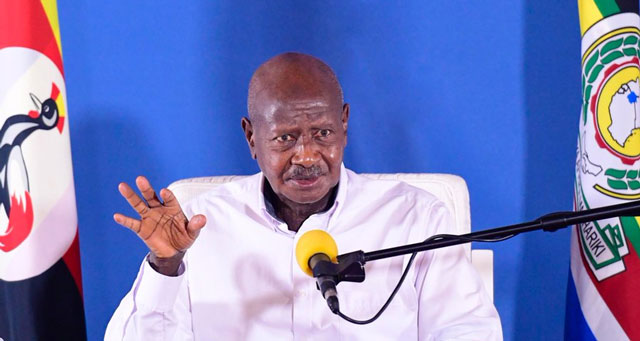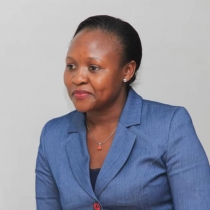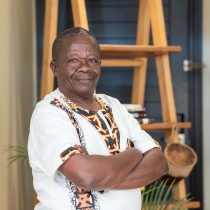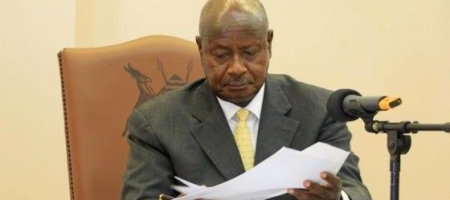
Ethiopia Crisis: Museveni Calls for East African Leaders' Summit
President Yoweri Museveni has called an East African bloc leaders' meeting on November 16 to discuss the conflict in Ethiopia, Okello Oryem, Uganda's state minister for foreign affairs has revealed.
"President Museveni is in touch with the Prime Minister Abiy on the ongoing situation in Ethiopia and has expressed concern at the refusal by the Tigray group to engage in negotiations and reach a ceasefire. So we're concerned," Mr. Oryem told Reuters news agency.
This follows a year of conflict that has left thousands dead, forced more than one million people from their homes and pushed parts of the country into famine, the tide of the civil war in Ethiopia has shifted heavily in favor of the rebel forces.
While in Ethiopia last month, President Yoweri Museveni urged African political leaders and the African people in general to shun the politics of identity that characterized most of the post-independence Africa noting that politics of identity that is mostly based on tribes and religions is counterproductive, diversionary and led to the emergency of many failed states in post-independence Africa.
The President was speaking at Meskel Square in the Ethiopian capital Addis-Ababa where he addressed a mammoth rally of Ethiopian people that was also attended by many other African leaders to mark the inauguration of Ethiopian Prime Minister Abiy Ahmed for a new five-year term.
Reports show fighters from Ethiopia’s northern region of Tigray and their allies are pressing south toward the capital, Addis Ababa, after driving government troops from Tigray in June.
Led by the Tigray People’s Liberation Front, rebel fighters captured two key towns on the main highway leading to Addis in late October. Prime Minister Abiy Ahmed appealed to citizens to take up arms to block the fighters’ advance, which he said was “pushing the country to its demise.”
On Nov. 2, the government declared a state of emergency, reflecting the rapid escalation of a war that threatens to tear apart Ethiopia, an American military ally, and further destabilize the volatile Horn of Africa region. Over the past year, there have been reports from witnesses, many confirmed by a U.N.-led investigation, of massacres, widespread sexual violence, and other human rights violations.
Even before the war, Mr. Abiy appeared bent on breaking the power of the T.P.L.F., a political group of rebels turned rulers who had dominated Ethiopia for nearly three decades.
A former intelligence officer, Mr. Abiy had once been part of the T.P.L.F.-dominated government. But after he took office in 2018, he set about draining the group of its power and influence in Ethiopia, infuriating the Tigrayan leadership.
Links
- 416 views






































Join the conversation